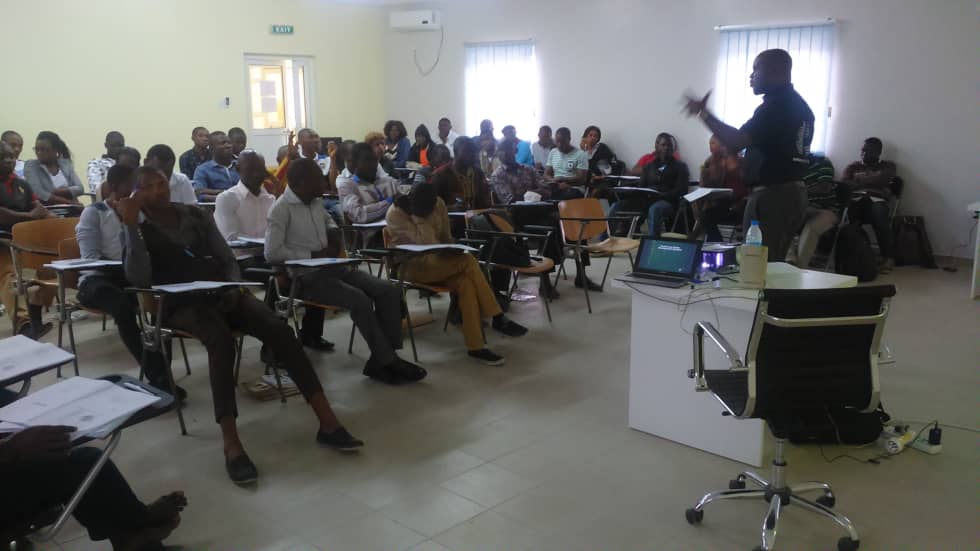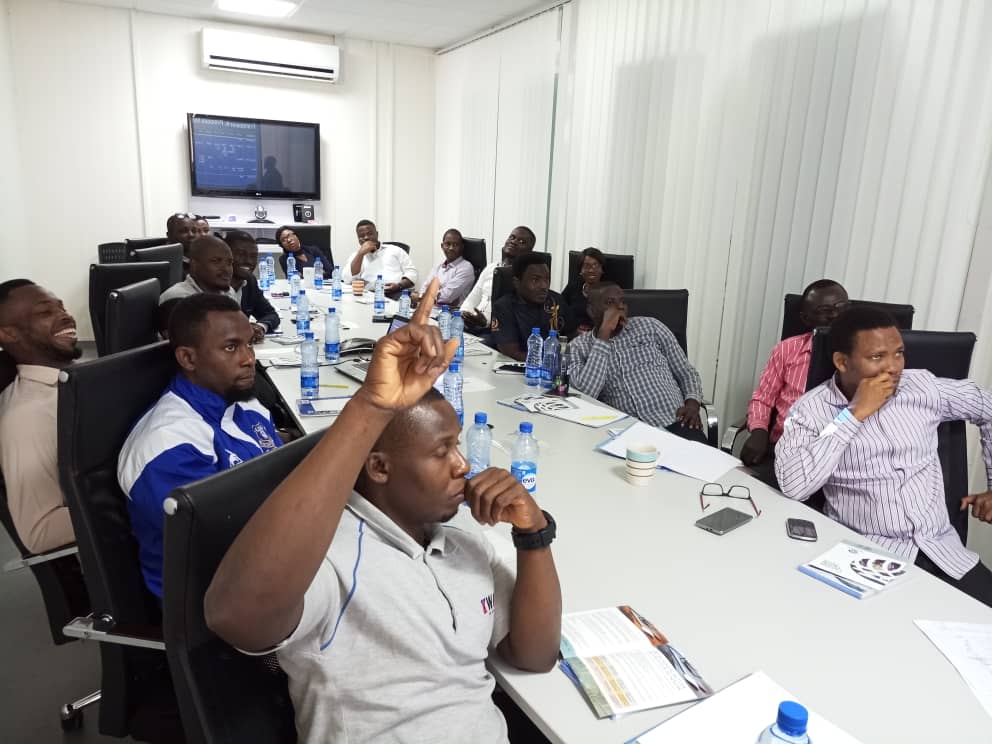The Theory of “Needs Motivation”
It is likely you are familiar with Maslow’s Hierarchy of Needs theory which identified the basic needs that human beings have, in order of their importance: physiological needs, safety needs, and the needs for belonging, self-esteem and “self-actualization”.
You are also likely to be familiar with McClelland’s Motivational Needs Theory that postulates that regardless of our gender, culture, or age, we all have three motivating drivers, and one of these will be our dominant motivating driver. This dominant motivator is largely dependent on our culture and life experiences. McClelland’s motivating drivers are Achievement, Affiliation and Power.
I woke up this morning however with a different Three Needs Theory swimming around in my head. My postulation is that all humans are motivated by three “Chronological Needs” namely;
- Past Needs
- Present Needs
- Future Needs
Of these three needs, the one that is your predominant motivator determines how successful you are going to become. This interestingly holds true for individuals, organisations and even nations.
Think about it for just a little while….
Now, let us analyse the Oluseye “Theory of Needs Motivation”
Past Needs – these are things which the need for their use has already come and we have discovered that we did not possess them. This could be a degree or qualification, a piece of clothing, certain amounts of money, etc. When we find ourselves in this sort of situation, we become desperate and are forced to act but typically we are already disadvantaged. This can be seen as “Forced and Disadvantaged Motivation”. This is the lowest level of motivation and the least effective as well. Unsuccessful people and nations mostly have this as their predominant form of motivation. We can call this “Retroreactive Motivation”
Present Needs – persons that are motivated by the needs that currently face them fall in this category. This category is a tiny bit better than Retroreactive personalities because they are able to discover the need just at the point when the use of the item, knowledge, funds, etc is required. They discover that they to quickly and by all means achieve results or else they will become disadvantaged. They come under pressure to act and are not able to take advantage of time and good judgment. This can be seen as “Pressured Motivation” and I call it “Reactive Motivation”.
Future Needs – Highly successful nations, organisations and individuals are able to motivate themselves by anticipated needs. The further into the future you can project and be motivated by the needs that will come up at that time; the more successful you are bound to be. The ability to be motivated by future needs is synonymous with the ability to be able to envision the future, to plan towards it and act on those plans. This motivation type is called “Proactive Motivation”. Any individual, organization or nation that is not predominantly Proactively Motivated cannot attain significant success.









